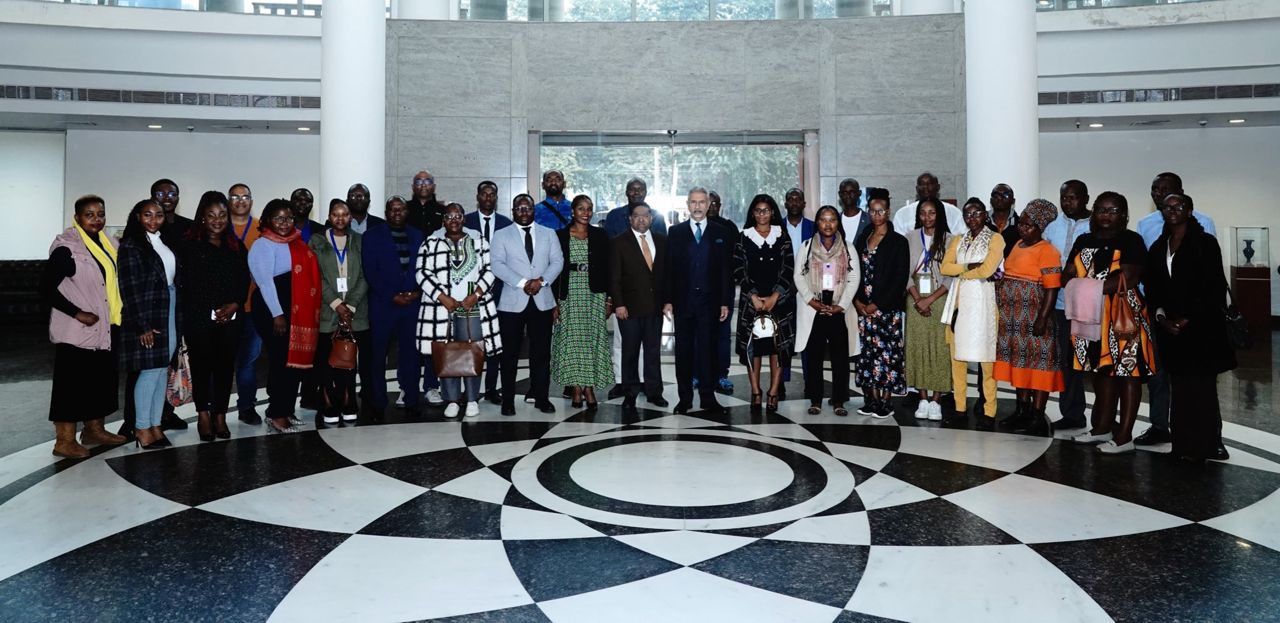ALCSUTDOBOZ, Hungary – When Hungary launched a programme to lease out swathes of state-owned farmland last year, sheep farmer Andras Varadi saw an opportunity to expand the small patch of grazing land he has tended for the last 20 years.
Having come away empty-handed, he and other smallholders who lost out suspect a carve-up between well-connected elites.The first tranche of winners was made public in February, with 750 of the 850 hectares on offer around the village of Alcsutdoboz, 40 km west of Budapest, awarded to just one company owned by Lorinc Meszaros, a friend of Prime Minister Viktor Orban.’Only those who are close to [Orban’s ruling party] Fidesz can win land around here,’ Varadi told AFP.’Local small farmers have little or no chance,’ said the bitterly disappointed 48-year-old father of two.The long-term programme is part of a wider overhaul of Hungary’s agriculture sector, which, the government argues, needs more competitive medium-sized farms.By end-October, contracts for around 21 000 of the 60 000 hectares available in the first phase had been signed, with state-subsidised rents on long-term leases of 15-20 years.Of these, Meszaros not only acquired the 750 hectares around Alcsutdoboz, but he and his relatives also obtained 500 hectares elsewhere in Fejer county, according to publicly available data.Meszaros, the mayor of Orban’s hometown Felcsut and the president of the Puskas Football Academy founded in 2007 by the prime minister, insists his contracts were won legally on the strength of his business plans and that personal connections had nothing to do with it.’Obviously those who didn’t win don’t feel good about it and are complaining, but it’s a free competition, they can apply again for other plots if they want,’ he told AFP.The rules say applicants cannot acquire more than 1 200 hectares, must have a background in agriculture and a viable business plan, and must live within 20 km of the plot.’The terms are the same for all applicants,’ said Robert Sebestyen, head of the National Land Management Organisation (NFA), the agency adjudicating the tender bids.’The contracts so far have all been legally awarded,’ he told AFP.But Rebeka Szabo, an MP with the opposition green party LMP, says that the agency is unable to properly check all the applications.’ANOMALIES’ IN ALLOCATION’The allocation system is clearly not transparent and needs to be reformed,’ said Szabo, whose party has taken the NFA to court to force them to release data showing why particular winners were awarded land.’Around 40% of the evaluation points are awarded on subjective criteria, such as the business plan, which leaves the door open for corruption,’ she added.Newspaper reports have also alleged that some winners used fake local addresses to bypass the 20-kilometre rule, while others attached certificates proving a vague farming connection.Such suspicions have enraged local farmers: in the village of Kajaszo, farmers recently staged a series of land occupations, driving their tractors onto fields they considered unfairly won.The government’s response was that authorities ‘should take the necessary and appropriate steps in order to restore the rule of law’.Surprisingly however, the fiercest opposition to the scheme has come from within Fidesz itself.Jozsef Angyan, a maverick deputy who resigned in January as State Secretary for Rural Development, has set up a website containing a list of the land-lease programme’s winners, many of whom have no background in agriculture.Angyan, who has remained a member of Fidesz, said the scheme had ‘indefensible, unacceptable anomalies’ particularly in Fejer county, and blamed a coalition of ‘land-owning barons, rent-seeking interest groups, mafia families, and oligarchic speculators … who want to take everything from the land, the resources, the subsidies, and the markets’.- Nampa-AFP
Stay informed with The Namibian – your source for credible journalism. Get in-depth reporting and opinions for
only N$85 a month. Invest in journalism, invest in democracy –
Subscribe Now!







